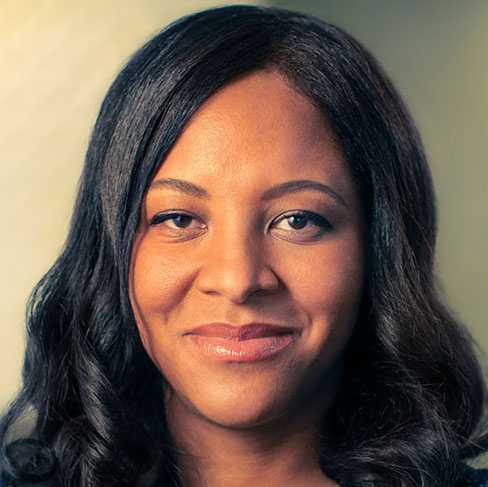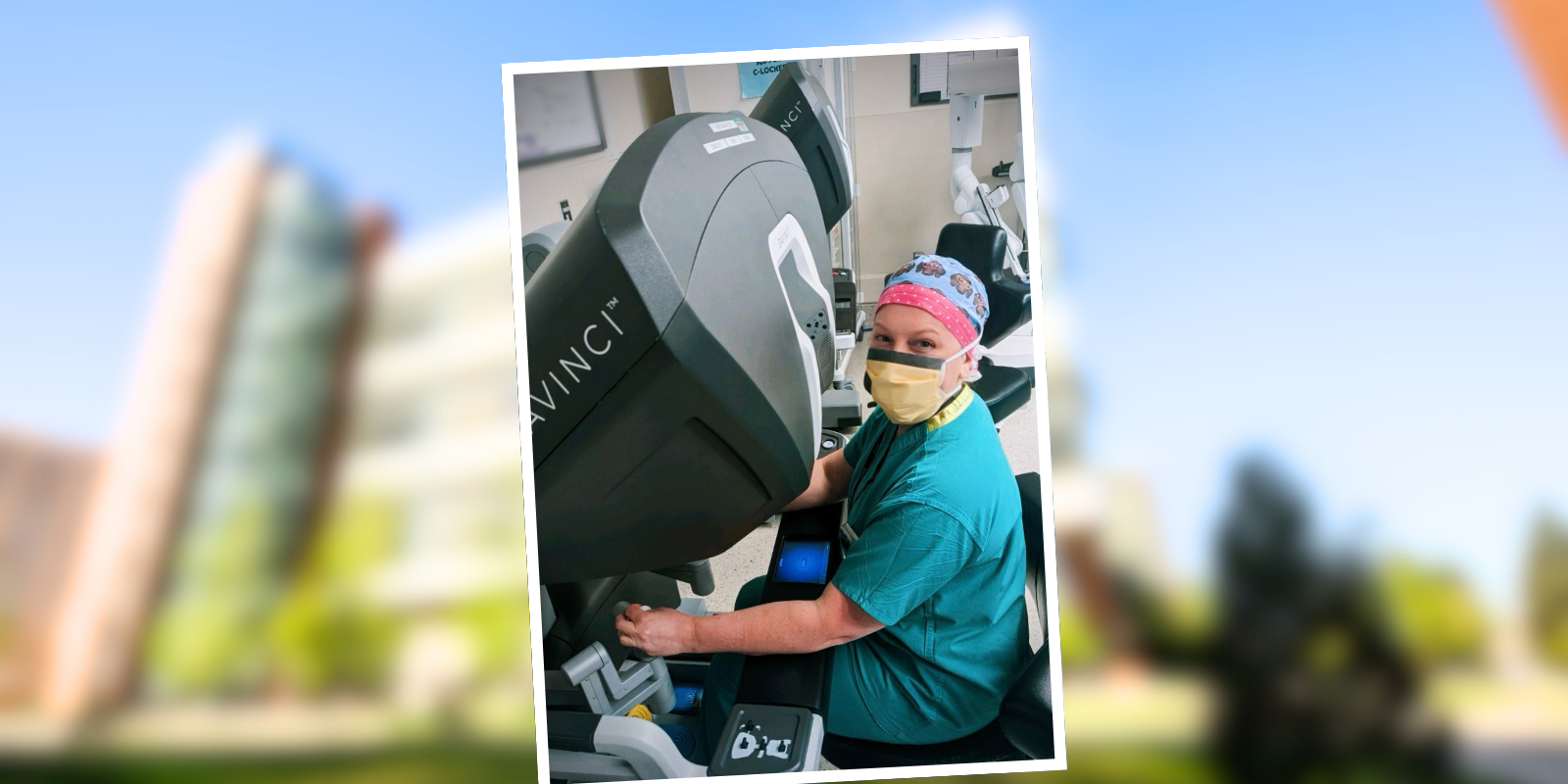The Diversity, Equity, and Inclusion Committee in the CU School of Medicine Department of Surgery (DOS) has made great strides over the past year, working toward the department’s goal of becoming the most diverse, equitable, and inclusive department of surgery in the country by 2030.
After a two-year period in which racial disparities were underscored by the COVID-19 pandemic, as well as the deaths of George Floyd, Breonna Taylor, Ahmaud Arbery, and many others, critical awareness around diversity, equity, and inclusion continues to grow, says Kia Washington, MD, head of the DEI committee.
“I’m definitely hopeful. I think things continue to be on the upswing,” she says. “People are really receptive to DEI. That's definitely changed over the past three years, and that's made my job a lot easier. It's a great climate to really bring about some positive changes.”
We talked with Washington about the progress the committee has made on its key initiatives.
1. Expanding the applicant pool to include communities that are underrepresented in medicine.
The committee is focused on increasing the number of people from underrepresented populations in the department so that its demographics reflect the demographics of the community it serves.
“We’ve started marketing our strengths in DEI: We made a DEI recruitment video where we talk about the diverse aspects of our department and our commitment to diversity,” Washington says. “We're going to use that for recruitment for faculty, as well as at the residency and fellowship level.”
On the human resources (HR) side, the Department of Surgery is posting to DEI-specific job boards and highlighting open positions on social media to reach a broader network. The DOS HR team is developing new recruiting materials that will be sent to every applicant describing the department’s commitment to DEI, and recruitment specialists are working alongside search committees and leadership to help with strategies to get more diverse applicants to apply for open positions.
“We have provided unconscious bias training to leadership, and we'll continue to do that as a way to help broaden our networks and be open to more diverse candidates.” Washington says. “All of the divisions now have pipeline programs, which are programs where visiting medical students from underrepresented backgrounds are sponsored to do sub-internships.”
Washington says the department also is working toward holistic applicant review — looking more in-depth at all aspects of an application — for residency applications, which has been shown to help eliminate bias in the application process and usually results in a more diverse, broader applicant pool.
2. Creating an environment in which everyone is educated in DEI.
The Diversity, Equity, and Inclusion Committee established the annual Diversity Lectureship in 2021. Its second annual lecture, held on February 14, 2022, featured Professor Velma Scantlebury, MD, of Texas Christian University. Scantlebury is the first Black woman transplant surgeon in the country, and her lecture was titled “Do You See Me? Looking Beyond Our Biases and Practices.” In it, she talked about identifying medical practices that highlight racial inequities, analyzing physician biases that manifest themselves in the care of patients, and strategies to decrease practices that contribute to structural inequities.
→ Watch the video of Velma Scantlebury's lecture here, and the DEI Committee's meeting with Dr. Scantlebury here.
“That lectureship will continue, and we are going to start a Rising Voices lectureship next academic year that will feature people from underrepresented backgrounds who are coming up in the pipeline,” Washington says. “Usually our visiting lectureships feature surgeons who are at the professor level, so we want to have an opportunity for more diverse voices to be heard.”
Continuing education and training on DEI is also a critical focus for the committee. Over the past year, the committee developed a DEI curriculum that is presented quarterly at Grand Rounds, including topics around gender, race and ethnicity, and the LGBTQ population. It also offers a DEI resource page that lists a number of books, articles, and videos on different DEI topics.
3. Future plans with an eye on 2030.
“We’re going to continue to work to create the most equitable environment we can,” Washington says. That work includes conducting a climate survey to assess the current state of DEI in the department, as well as efforts to ensure a more diverse leadership.
“We plan to create director positions in which faculty can work with the vice chairs. We also hope to create members at large for the Executive Leadership Committee — to give more people the opportunity to sit in leadership and get that leadership experience,” Washington says. “We also want to establish a leadership and management curriculum to support and develop higher-level leadership competencies for all people, particularly people from underrepresented backgrounds, to continue to grow our pipeline.”




